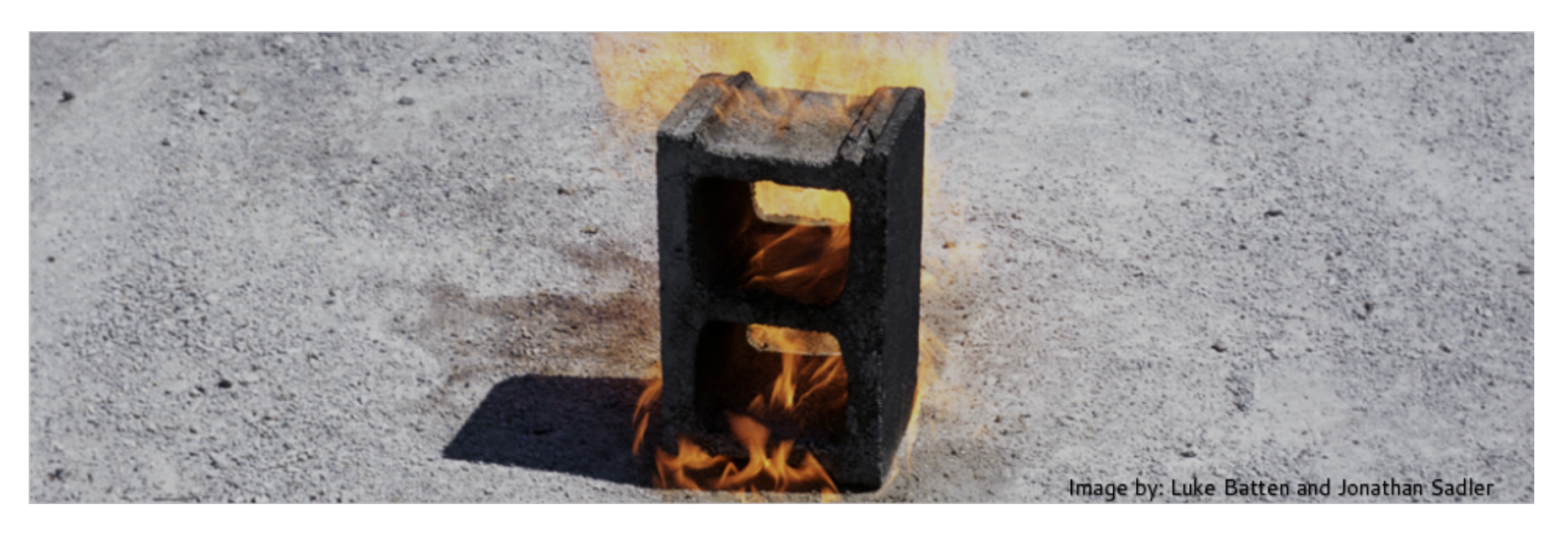In observation of International Holocaust Remembrance Day on January 27, 2025, the Initiative in Holocaust, Genocide, and Memory Studies, the Center for Advanced Studies, and the Program in Jewish Culture & Society presented a very special program, Shadows: Songs From Testimonies from Yale University’s Fortunoff Video Archive. The archive’s musician-in-residence, Dr. D. Zisl Slepovich (clarinet) brought with him a group of incredibly gifted musicians: Cantor Sarah Myerson (vocals), Taylor Bergren-Chrisman (double bass), Joshua Camp (accordion and keyboard), and Craig Judelman (violin). I am proud to say that some of these folks have also been my teachers and mentors in the practice of klezmer music and Yiddish dance.
There are now more than 4,400 video testimonies in the Fortunoff Video Archive - 12,000 hours of material in over a dozen languages, recorded over the last 40 years in over a dozen different countries. About sixty of these testimonies contain songs — songs the survivors grew up with, songs they had composed themselves, or old tunes they sang to new lyrics. This music helped survivors endure the horrors of the Holocaust and forge new lives after World War II.
The challenge any archive faces is how to bring the past to life — how to help modern audiences connect to the experiences of those who lived through such horrific times. In its wisdom, the Fortunoff Archive asked Zisl to locate the songs in the archive, conduct research about the origins of each one, and then arrange and record versions with his ensemble. The project has now produced three volumes (CDs) of high quality recordings, which can be accessed via https://fortunoff.library.yale.edu/education/songs-from-testimonies/.
Professor Timothy Snyder, author of On Tyranny and On Freedom and the Fortunoff Archive’s faculty advisor, observes that “testimonies, like works of art, have a special ability to cross the membrane between death and life, between past and present. The songs embedded in these testimonies are especially evocative in this respect, but to fully appreciate their power they must be heard, not read. That’s what inspired us to produce this series of recordings.”
On a personal note, my husband Mitch and I have had the good fortune of taking classes from Zisl, playing music and singing with him, and just hanging out with him at various Yiddish culture camps and gatherings. We can attest that he is an incredibly warm and engaging teacher, a consummate ethnomusicologist and performer, and a general all-around good guy. So I’d like to share a quick Zisl pro tip. If you find yourself at the Worker’s Circle festival called Trip to Yiddishland, be sure to engineer a spot at Shabes dinner next to Zisl and his wife Mariana. Zisl can always be counted on to bring a nice bottle of wine that he is more than willing to share.
If you missed this well-attended event (or if you just want to experience it again!), video of the full performance is available at https://mediaspace.illinois.edu/media/t/1_ll6u4mo7.

